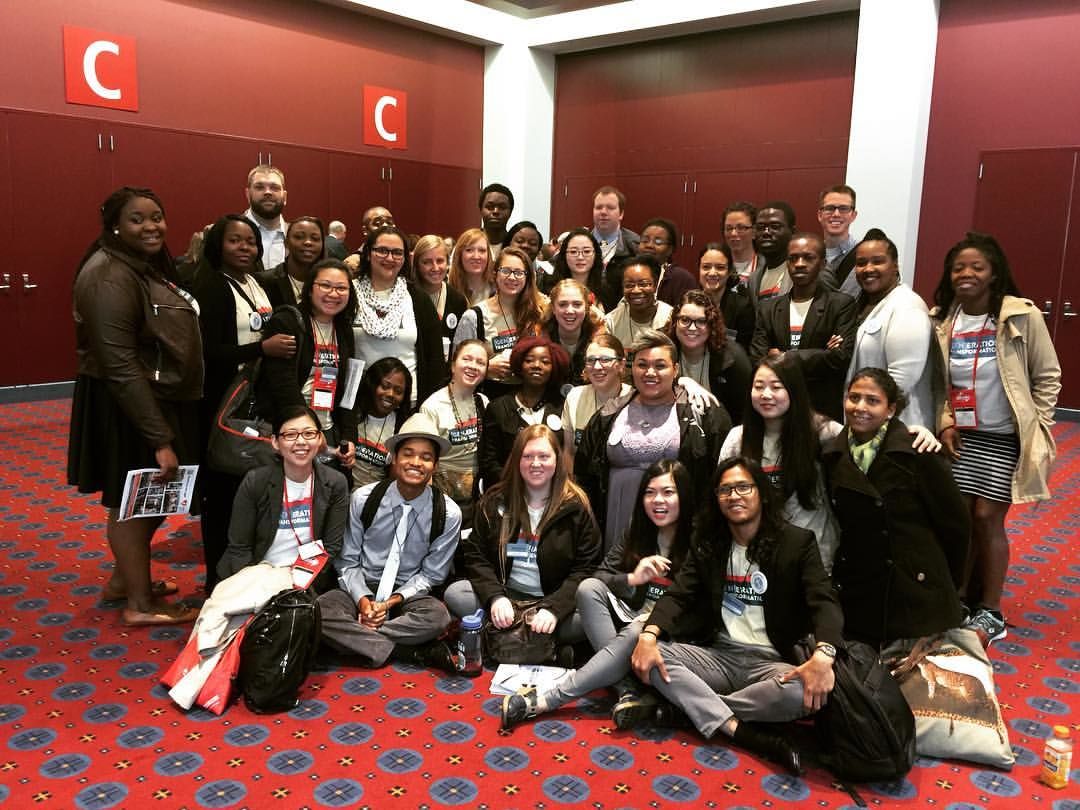Reflecting on ‘Who is at the Table?’
Theological intern considers how we are building the Kingdom of God in our churches

“For proper relationships with God and all people.”
This is the succinct phrase that comes to mind when I consider the mission of the church.
This task is difficult and cannot be summarized easily. However, the main thing I wish to communicate here is the need for the people of God to embrace the messiness of human life. We are sinful by the circumstance of the world we were brought into. Just like all of you, I cannot live without obstructing the God-given rights of my fellow human beings. This is the reality of existing within the “not yet” aspect of the Kingdom of God. Nonetheless, there is an aspect of the “already” or “now” of the Kingdom of God. If the “already” cannot exist in the world at large, it should, at least, be what the Church strives towards.
The Kingdom of God will be and is filled with people from all locations, across time and cultures. All of these differences, without being erased, will be in proper relationship with one another and with God. Therefore, today’s Church should acknowledge and bring together differences without the expectation of homogeneity and assimilation.
One of the biggest obstacles to mirroring the Kingdom of God is our desire to be perfect, efficient, and clean. In our attempts to be perfect, we create arbitrary guidelines of worship, communion, and ministry. In our attempts to be efficient, we streamline our worship services and pursue homogeneity. In our pursuit to be clean, we abide by our own rules of engagement. This tends to create church bodies that look, speak, think, and act like “us.” As a result, God becomes a god that resembles us. This god is made in our image and is idolatry.
In a moment of transparency, I pause and reflect on my own idolatry and hypocrisy. I urge all of us to reflect. When we look at our churches, communities, and even workplaces, who is present? Who makes the decisions? What differences are not at the table? Is the lack of difference based on a desire to be perfect, clean, and efficient? What societal, economic, or cultural factors are preventing proper relationships with our neighbors?
If “they” are not at the table what does that say about the relationship? At best, the relationship is non-existent. At worst, it is a relationship of separation, segregation, or rejection. Both the former and the latter are incompatible with the presence of the Kingdom of God that the Church should strive for. In seeking a proper relationship with God and ALL people, the Church will inevitably find itself in the midst of all matters of human life. The Church will get messy. The Church will “do justice, love mercy, and walk humbly with God.”
Ed White is a theological intern for GBCS